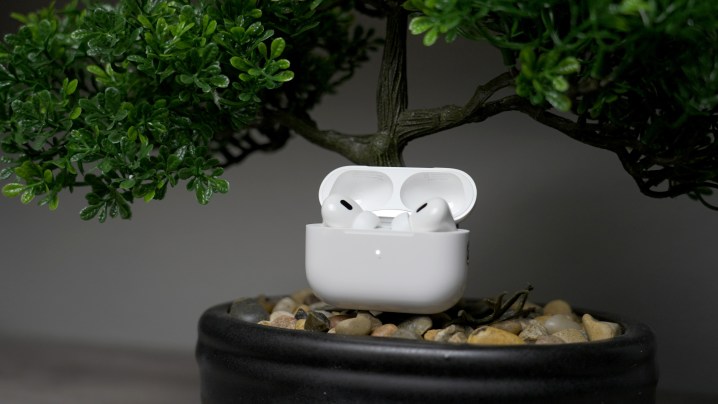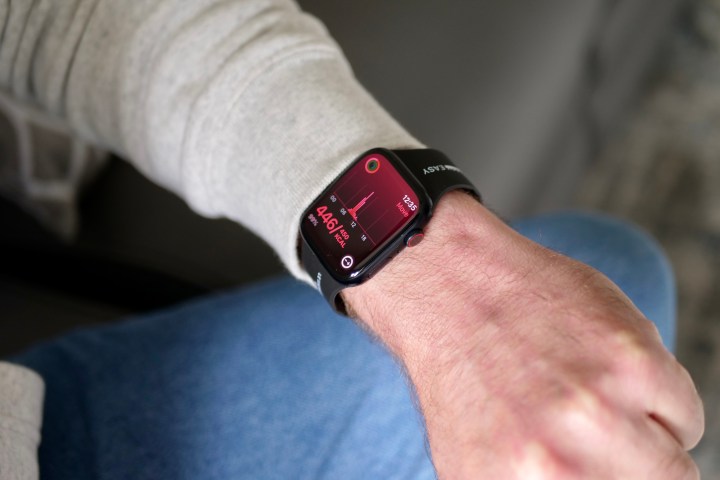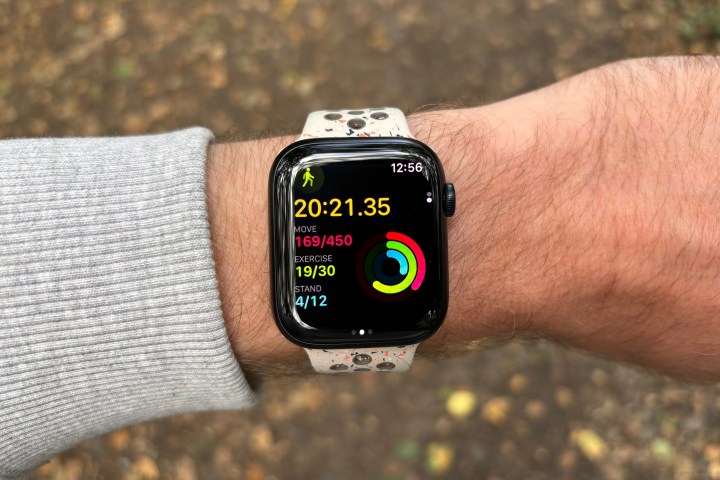Imagine yourself 20 years from now, and ask yourself the question: What was Apple’s biggest impact on the world? Since the return of the prodigal Steve Jobs in 1997, the California company has unveiled a series of innovations that have heavily impacted how we use technology today.
Apple’s influence is vast, and its sheer market power means it’s a consultant to companies and governments worldwide. It has many products that have had a lasting impact on our lives, not the least of which is the iPhone and how it changed the smartphone industry. Then there’s the iPod and iPad, which created entirely new categories.
Despite all of these successes, I think Apple’s biggest lasting impact is in an entirely different category: Apple Health. To understand why, we need to briefly look at some key moments in Apple’s history that have shaped its direction today.
A brief history of Apple’s devices portfolio
Think back to the first question; your mind may have immediately jumped to the iPhone, or perhaps thinking of the iPod brought a smile to your face. Apple has a long history of creating products that either overhaul entire categories or create all new categories of their own.
The iPhone is the best example of this. In 2007, Apple introduced the first iPhone, and once it went on sale, it changed your smartphone forever. No more styluses and resistive displays — hello fingers and capacitive screens. Within a year, we had the App Store, then there was FaceTime, Siri, Touch ID, and Face ID. And then the removal of the headphone jack.
It’s not just the iPhone. The iPod has had a similar impact and helped usher in a digital era for music, and no one has come close to replicating the success of the iPad in the tablet space. For all these successes, there’s one product and area that no one has been able to compete with Apple. That thing is Apple Health.
All roads lead to Apple Health

Apple’s Glowtime event in September saw many announcements. From the iPhone 16 series to the Apple Watch Series 10 and the new AirPods 4, the company unveiled a lot of new products. It also unveiled updates to others, including a new color for the Apple Watch Ultra 2, and a single update for the AirPods Pro 2.
In the long term, Apple’s Glowtime event will be remembered for that single update: the AirPods Pro 2 can now conduct a clinical hearing test, and soon, they’ll be able to act as hearing aids.

We all know people who have lost or have limited function in one or more of their senses and they all act the same way: at some point, there’s a denial that there’s a problem. This is due to more than just denial of the problem; hearing aids are feared because they’re ugly, expensive, and cumbersome, and no one likes going to a doctor.
Now consider the AirPods Pro 2. Apple has sold tens of millions of pairs of these, and we’re all used to seeing them in people’s ears. Diagnosing a hearing problem, and getting a pair of hearing aids, can cost thousands of dollars, but for $249 (unless you grab one of the best AirPods deals), you can achieve the same thing. This will transform millions of lives overnight, and you’re more likely to persuade a friend or loved one in denial to test using their pair of AirPods.
The Apple Watch is the crown jewel in Apple Health

The AirPods Pro 2 is a great example of how any product can be used to improve some aspect of health, but the crown jewel in the Apple Health ecosystem is the Apple Watch. This year was the 10th anniversary of the first Apple Watch, and it’s been documented as saving millions of lives, mine included. The iPhone changed our lives, but did it save them?
The Apple Watch is the most important device that Apple sells right now. Of all the products on Apple’s shelves, it’s the one that markedly improves your life. There’s a suite of health features that could save your life, including high and low-heart-rate notifications, EKG, fall detection, and blood pressure monitoring (at least, on older generations).

There are also features that can detect AFib and other heart conditions, car crash detection, and Sleep Apnea detection. This latter feature is new for this year and is designed to help diagnose Sleep Apnea in the millions of undiagnosed patients globally. The Apple Health app can sync data to and from most fitness apps — unlike the myriad of equivalent apps on Android that don’t sync to as many apps — and it can even sync your medical records.
The suite of Apple Health features available today is already incredibly strong. Looking down the road for the next few year, it only stands to get better.
The future for Apple lies in Health

Smartphone sales have stagnated over the past few years. Although 1.14 billion smartphones were sold globally in 2023 and there are still millions of new customers who are coming online for the first time, many of these people won’t be able to afford an iPhone. For Apple, the iPhone is designed to bring customers into its ecosystem, but there are not many places that Apple can innovate, at least until it makes a foldable iPhone.
Now think about the Apple Watch. It’s several generations younger than the iPhone, and the entire wearable market is nascent in comparison to smartphones. Crucially, Apple still has a dominant lead, with Apple Watch shipments accounting for 26% of total wearable shipments, according to a recent report from Counterpoint.

I can’t tell you what long-term features Apple is working on for the iPhone, but Apple is working on several Apple Watch features that will be transformative. These include blood pressure monitoring without a cuff and non-invasive blood glucose monitoring. Samsung and Google are both also working on these features, and all three companies are going head-to-head with large pharmaceutical companies in a race to be the first to bring these features to market.
In particular, non-invasive glucose monitoring is considered the holy grail for treating diabetes. I use a continuous glucose monitor that inserts a small needle in my arm and transmits glucose readings to my phone. I change the sensor every 10 days and it costs hundreds of dollars per month for the sensors, even with a premium health insurance plan.

Like the AirPods Pro 2 and hearing aids, consider the possibility of buying a single device from Apple that did all of this instead. These are just two examples of many ways that Apple could become your health provider. The company is on a journey to democratize health for everybody, and in doing so, its impact on our lives will grow ever stronger.
I’m not the only one who thinks so. In late 2020, Tim Cook dived into the Apple Watch and Apple’s approach to Health. He confirmed that the company was initially surprised at how many customers called Apple Health features life-changing, leading him to say: “I do think, looking back, in the future, you will answer that question: Apple’s most important contribution to mankind has been in health.”
Having already been a beneficiary of Apple Health, I can’t wait to see what Apple — and Samsung and Google — do over the next few years to keep growing the mobile health space.

